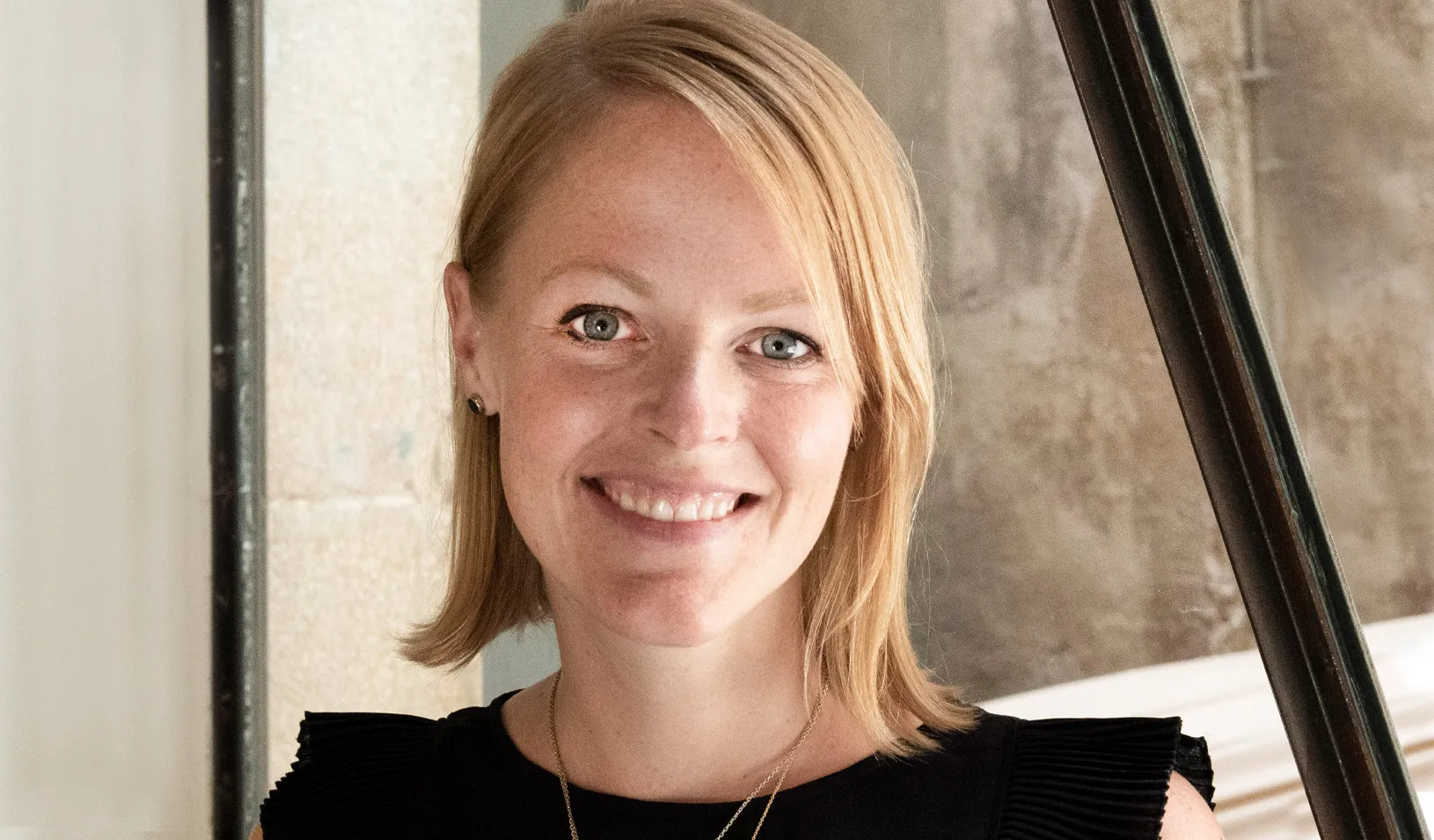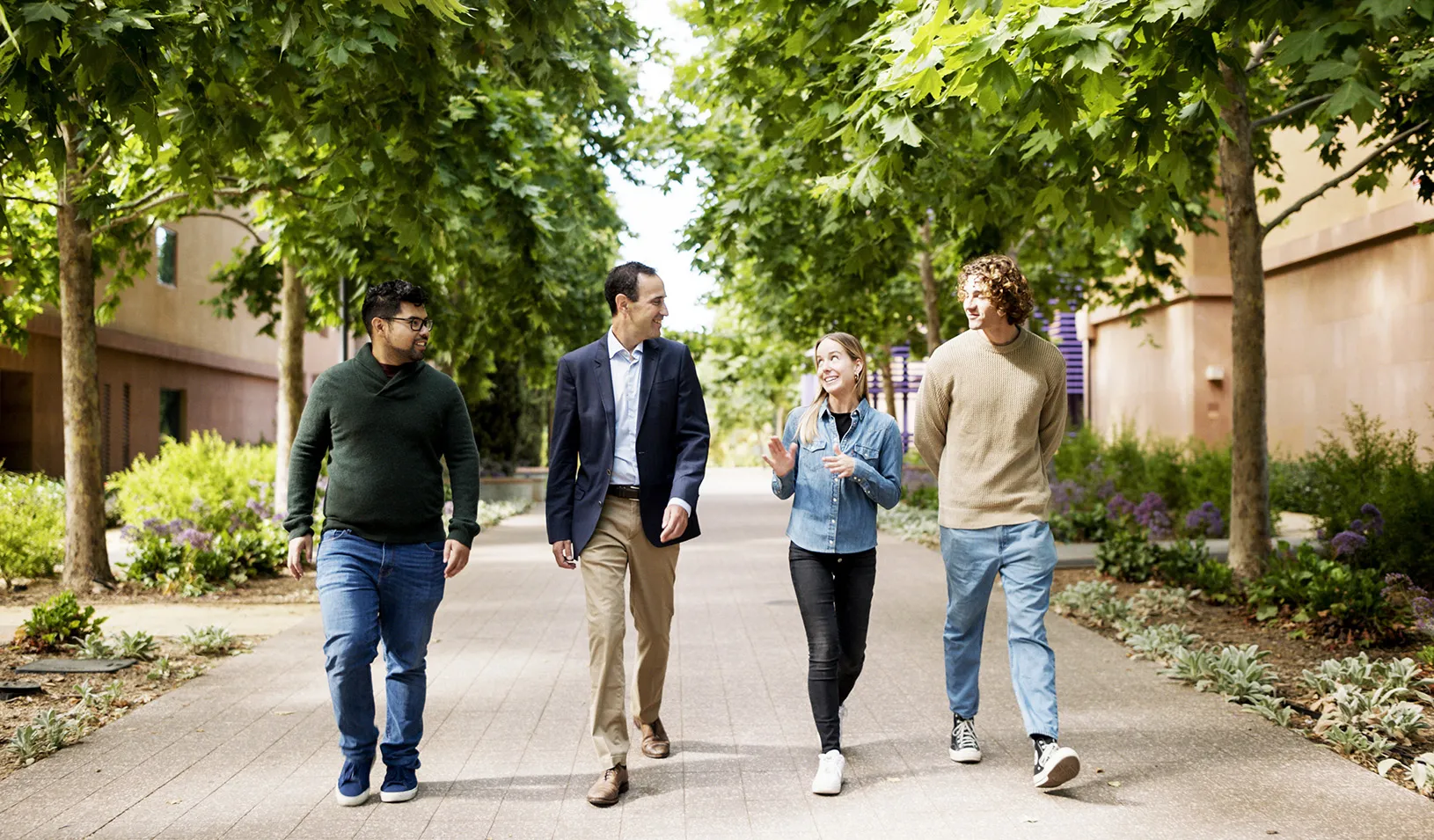Hard Lesson: When Co-Investors Disagree
A legendary hotelier looks back at one of his biggest failures — and what he learned from it.
January 10, 2020

When Chip Conley goes looking for investors, he divides them into three categories: transactional, relationship-oriented, and legacy. | Matt Edge
As a San Francisco-based entrepreneur, I’ve often spoken of creating the confidence to fail. In fact, I call my failures “noble experiments.” Let me introduce you to one of my many follies as founder and CEO of the boutique hotel chain Joie de Vivre.
Soon after I graduated from Stanford GSB, at the ripe age of 26, I started Joie de Vivre just as the boutique hotel niche was getting off the ground in the U.S. Over the course of my two dozen years as CEO, we created 52 hotels and pioneered the boutique concept to motels, suburban properties, and second-tier cities. We even helped create a boutique Japanese communal bath and spa.
Editor’s Note
As part of an ongoing series, Stanford Business magazine asks alumni to write about one of their biggest business failures and what they learned from it.
Chip Conley, MBA ’84, is the founder of the Joie de Vivre hotel chain and currently serves as strategic advisor for hospitality and leadership at Airbnb. He is the author of several books, including, most recently, Wisdom at Work: The Making of a Modern Elder.
But our boldest leap came when we created a “boutique campground” six years before the word “glamping” had been coined. Costanoa is halfway between Half Moon Bay and Santa Cruz on California’s fabled Highway 1 and was a challenging project to get approved, given the sensitive ecological area. It launched well in 1999 and was quickly full on weekends. We were also pleasantly surprised that our weekdays filled up with dot-com companies looking to use nature as a teacher for their corporate strategy and leadership sessions. They appreciated the mountain biking, beach football, and plentiful hiking trails that Costanoa had to offer.
But starting in 2001, the dot-com bust wiped out our weekday business, and, like many Bay Area hoteliers, we struggled during that four-year regional downturn. Unfortunately, on the Costanoa project we’d mistakenly partnered with a hedge fund that had a short-term mentality about making money. While they were very gracious, we disagreed with them about the definition of success. This led me to realize there are three kinds of investors: transactional, relationship-oriented, and legacy. Transactional investors are focused on short-term ROI, while legacy investors focus on disrupting an industry or making some fundamental change in the world.
When you’re creating a landmark project that’s ahead of its time, you need to match it with the right kind of partner in the form of a legacy investor. Instead, we had a transactional investor, and we ended up selling Costanoa at the bottom of the dot-com bust for a big loss. (In the years since, the place has flourished.) Having poured so much heart and soul and time into the project, I found it to be a painful divorce. Ever since, I’ve interviewed potential investors in the same way that I would a potential senior executive, to make sure their investing philosophy matches the kind of boutique projects we’re creating.
But there’s a silver lining in this noble experiment. We leveraged our lessons from Costanoa and applied them to our successful launch of the upscale Hotel Vitale in San Francisco a couple of years later. One key lesson from our corporate groups at Costanoa was that they loved doing yoga together each morning. This gave us a hunch that business travelers, especially women, might appreciate a business-class hotel that offered free yoga within the property. Voilà, in 2005, the Vitale opened to rave reviews as the first financial district hotel in the world to create a penthouse studio with free yoga classes. Sometimes a hard lesson can sprout a new innovation.
For media inquiries, visit the Newsroom.
Explore More
Erin Nixon Joins Stanford GSB as Assistant Dean of Admissions

Nia Rose Froome, MBA ’23: Making Local, Fresh Food Available for All

New Research Fund Promotes Responsible Leadership for the Next Century
